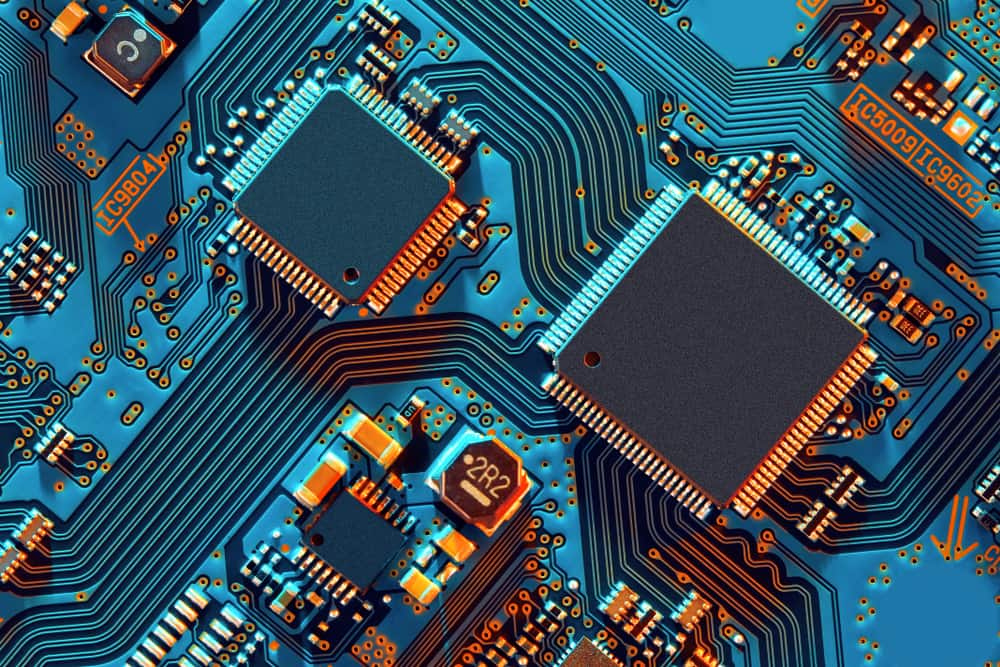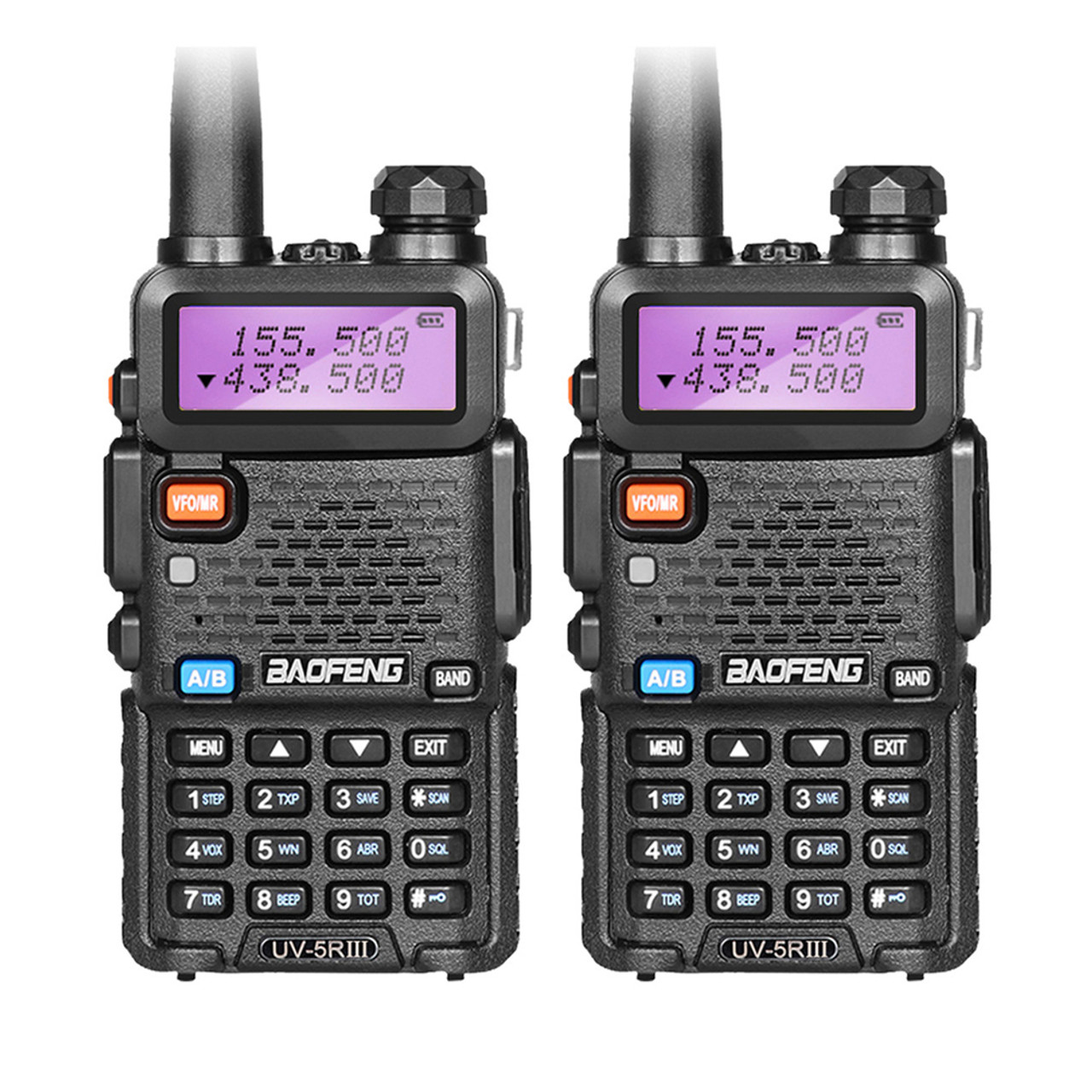In today's fast-paced world, the electronics industry continues to push the boundaries of innovation, transforming various sectors and revolutionizing the way we live and work. From advancements in artificial intelligence to breakthroughs in renewable energy, this article explores the latest electronics innovations that are shaping the future.
- Internet of Things (IoT) and Smart Devices:
The Internet of Things has emerged as a game-changer, connecting everyday objects to the internet and enabling seamless communication between devices. From smart homes to industrial automation, IoT is transforming industries by enhancing efficiency, productivity, and convenience. Innovations like voice-controlled assistants, wearable devices, and connected cars are just the tip of the iceberg, as IoT continues to expand its reach. - Artificial Intelligence (AI) and Machine Learning:
AI and machine learning have made significant strides in recent years, revolutionizing industries such as healthcare, finance, and manufacturing. AI-powered algorithms can now analyze vast amounts of data, enabling predictive analytics, personalized recommendations, and autonomous decision-making. From self-driving cars to virtual assistants, AI is reshaping the way we interact with technology and opening up new possibilities for innovation. - Renewable Energy and Energy Storage:
The electronics industry plays a crucial role in the development of renewable energy solutions. Innovations in solar panels, wind turbines, and energy storage systems are driving the transition towards a sustainable future. Advanced electronics enable efficient energy conversion, grid integration, and smart management of renewable energy sources. From solar-powered smartphones to grid-scale battery storage, these innovations are reducing our reliance on fossil fuels and mitigating climate change. - 5G and Next-Generation Connectivity:
The advent of 5G technology is set to revolutionize the way we connect and communicate. With faster speeds, lower latency, and increased capacity, 5G will enable transformative applications such as autonomous vehicles, remote surgery, and immersive virtual reality experiences. The electronics industry is at the forefront of developing the infrastructure and devices necessary to harness the full potential of 5G, paving the way for a hyper-connected future. - Biomedical Electronics and Healthcare Innovations:
Electronics innovations are driving significant advancements in the healthcare industry, improving patient care, diagnostics, and treatment outcomes. Wearable devices, remote monitoring systems, and implantable sensors are revolutionizing healthcare delivery, enabling personalized medicine and early disease detection. From smart pills that track medication adherence to AI-powered diagnostic tools, these innovations are transforming the way we approach healthcare.
Conclusion:
The electronics industry continues to push the boundaries of innovation, with advancements in IoT, AI, renewable energy, connectivity, and healthcare. These cutting-edge technologies are revolutionizing industries, enhancing efficiency, sustainability, and quality of life. As we embrace the future, it is essential to stay informed and adapt to these transformative electronics innovations that shape our world.



